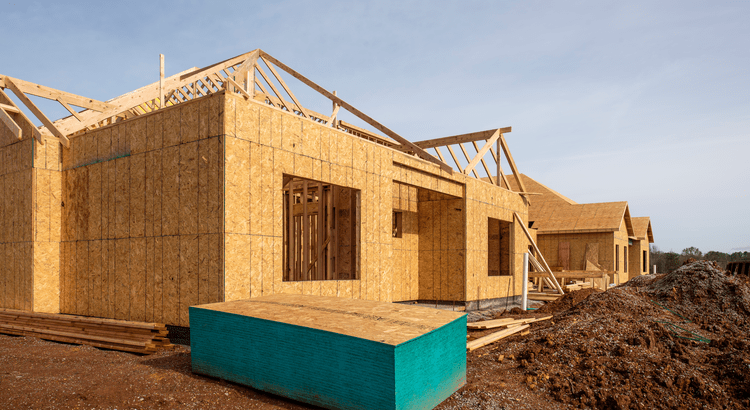
Pre-Approval Isn’t Commitment – It’s Clarity
Pre-Approval Isn’t Commitment – It’s Clarity If buying a home is even loosely on your radar—even if it’s a “someday” plan rather than something immediate—getting pre-approved early is still one of the smartest steps you can take. Why? Because just like with anything else in life, preparation brings

Do You Think the Housing Market’s About To Crash? Read This First
Do You Think the Housing Market’s About To Crash? Read This First Lately, a lot of people seem to be asking the same thing: “Is the housing market about to crash?” If you’ve been on social media or catching the news, you’ve probably seen some alarming headlines yourself. That’s why it makes sense t

Are You Saving Up To Buy a Home? Your Tax Refund Can Help
Are You Saving Up To Buy a Home? Your Tax Refund Can Help You’ve been saving diligently and dreaming of the day you finally hold the keys to a place of your own. What you might not have considered is that your tax refund could help speed up that journey. As Freddie Mac explains: “ . . . your tax r

4 Ways To Make an Offer That Stands Out This Spring
4 Ways To Make an Offer That Stands Out This Spring Now that spring is in full swing, more buyers are entering the market—and that means competition is heating up fast. If you’re serious about finding and securing a home you love, it takes more than just knowing what you want. You need a smart, wel
Categories
Recent Posts









